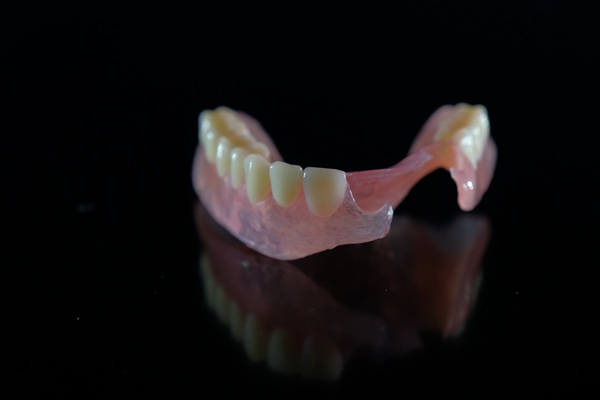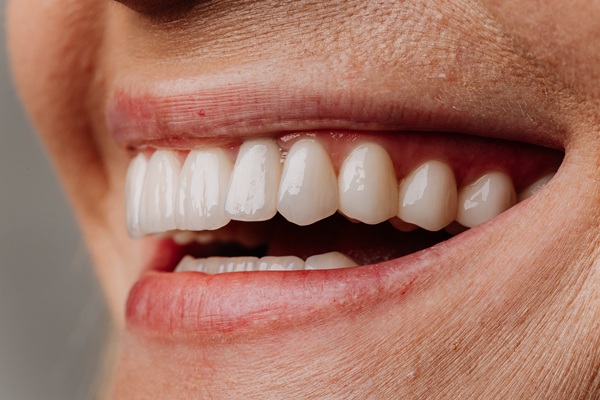How to Alleviate Tooth Pain

Nobody wants to have to deal with tooth pain, but it is also one of those things most people have to endure from time to time. Toothaches are generally caused by trauma, tooth decay, or some other oral health issue.
The best way to guarantee that a toothache goes away, and stays away, is by visiting a dentist as soon as possible. That way, the oral professional can address whatever issue is leading to the pain immediately.
Understanding tooth pain
When a person's body experiences pain, warning signals are sent to the brain letting the person know something is wrong. Toothaches can be particularly painful since the region the pain signals are coming out is very close to the brain, leading to a stronger more intense pain a person feels.
Any remedy a person decides to use to alleviate toothaches is only temporary. The pain will surely return until the issue causing the toothache in the first place is directly addressed.
The dental issues that often lead to tooth problems can be caused by severe matters like damaged fillings, tooth decay, fractures, infections, or a broken tooth. These dental issues can quickly lead to more severe health issues if proper treatment is not received promptly. For example, an infected tooth will eventually reach the patient's bloodstream, which gives the bacteria access to vital organs like the brain and heart. Infection of these organs can be fatal.
Get relief while waiting to visit the dentist
Getting to a dentist immediately is the best way to deal with toothaches, but that is not always possible when one has a busy schedule. Here are a few things that can be done to help reduce the pain associated with toothaches:
- Use a cold compress to reduce inflammation by applying it to the cheek closest to the source of the pain
- Take over-the-counter painkillers
- Rinse the area with salt water
- Use a hot pack to reduce inflammation
- Drink peppermint tea
Of course, not all toothaches are equal. If there is pus coming out of the source of pain, that is a sign of an infection. It requires an emergency visit to the dentist. Common symptoms of a tooth infection include:
- Swollen or reddish gums
- Feeling feverish
- Red bumps in the mouth
- Pus or blood coming from the tooth
- Persistent, throbbing pain
- An unpleasant taste coming from the tooth
- A swollen jaw or face
How tooth pain can be stopped
Toothache pain can be overcome by two things: reducing the inflammation and interrupting the signals being sent to the brain. Inflammation can also be helped by applying a hot or cold pack to the cheek closest to the site of the pain.
Inflammation can also be reduced by taking certain anti-inflammatory medications like ibuprofen. Patients should follow the recommendations listed on the product label. There are also a wide variety of over-the-counter toothache gels and solutions that can help alleviate the pain associated with toothaches. Products that contain clove oil are particularly useful.
Are you dealing with a toothache? Contact us today!
Schedule an appointment with one of our dentists and address the cause. We can help in getting a resolution to your pain, and find out what is causing the pain.
Call (631) 773-1094 today to reach Babylon Smiles - Edward Zeva D.M.D., P.C..
Recent Posts
If you experience a dental emergency like a knocked-out tooth or severe tooth pain, your best bet is to visit the emergency dentist. However, some people opt to visit the ER for such emergencies, eventually wasting time and money. It is more vital than ever to know where to go when you experience serious issues…
The pandemic has resulted in a stressful time for everyone in the world, and, for many people, this stress can result in orofacial pain.A study published in the Journal of Clinical Medicine took a look at patients in two countries and examined how the stress of COVID-19 lockdowns may have caused an increase in jaw-clenching,…
Curious about emergency dentistry during the coronavirus (COVID-19) disease pandemic? The COVID-19 outbreak has caused many dentists to limit their elective services and transition into only treating patients who need emergency dentistry. Due to this, it is important for people to understand what constitutes a dental emergency. One of the more common oral health concerns…
An emergency dentist has the ability to do just as much as a traditional dentist can, which includes prescribing medication for injuries. Mediations can help speed along the healing process, and in some cases, it may be necessary in order for healing to take place at all.Want to know if an emergency dentist can provide…


